The Union Budget 2024 introduced several changes to the taxation of long-term capital gains (LTCG) on property, and one of the key changes was the removal of indexation benefits for properties purchased after April 1, 2001 from 23 July 2024
Removal of Indexation
Indexation is a method used to adjust the purchase price of an asset (like property) for inflation over time. This adjustment helps to reduce the taxable capital gains when the property is sold.
By removing indexation, the government aims to simplify the tax calculation process. However, this change has resulted in higher tax liabilities for property owners as the original purchase price is now used for calculating capital gains, without any adjustment for inflation.
Impact on homeowners:
The removal of indexation for property taxation means that homeowners will now bear the full brunt of inflation. Previously, the indexation benefit allowed property owners to adjust the purchase price of their property to account for inflation over time. This effectively reduced the taxable capital gains when the property was sold. By eliminating indexation, property values must appreciate at a rate significantly higher than inflation to offset the increased tax liability.
For properties acquired before April 1, 2001, the government has provided two options to determine the cost of acquisition:
-
- Original Purchase Price: The actual cost incurred while purchasing the property.
-
- Fair Market Value (FMV): The property’s value as on April 1, 2001, but not exceeding the stamp duty value paid at the time of purchase.
-
- Taxpayers can choose the option that results in a lower taxable capital gain.
“While indexation benefits on sale of house property are proposed to be eliminated, tax payers are still allowed to replace their cost of acquisition for their house property with the stamp duty values of such property as on 1st April, 2021. Therefore, if tax payers cost of acquisition is lesser than such values, he/she will still opt to replace it with the stamp values,” said Expert
taxpdf
The LTCG in such cases is Rs 63.7 lakh (Rs 1 crore minus Rs 36.3 lakh). At a tax rate of 20 percent, the LTCG tax for such properties would be Rs 12.74 lakh, according to the post.
If Mr. X purchased/ inherited a house which was acquired in 1995, for Rs 25,000 and stamp duty value of such house as on 1.04.2001 is Rs 40,000. Now on sale of such house property, Mr. X will be allowed to use Rs 40,000 as his cost of acqusition. Assuming he sold this property for Rs 1,00,000, he will be subjected to tax only on Rs 60,000 at the rate of 12.5% (1,00,000 – 40,000), without any indexation benefits.
Real estate industry experts said tax incidence for the new rate without indexation may be lower for properties held for shorter durations.
“If you are holding a property for a very long time and annual capital value growth is around 10-12 per cent, you will end up paying more tax in the new regime. If you’re holding it for a shorter time, I think it will become a little easier to liquidate. I think taxes for short-term holding will be lower. Short term as in 3-5 years should be good from a capital value appreciation perspective,” said Experts
Homeowners also have the rollover option:
Rollover benefits allow taxpayers to defer the payment of capital gains tax by reinvesting the proceeds from the sale of an asset into another specified asset within a specific timeframe. This means home owners have an option to reinvest their proceeds in another property without paying any LTCG tax. But this too has a catch!
You can reinvest these funds in either 54EC bonds, which have a maximum annual investment limit of Rs 50,00,000. Or, you can avail this exemption for a maximum of 2 residential houses, provided your capital gains are limited to Rs 2 crore.
If you have purchased a property, or held from before 2001, you can continue to avail indexation benefits, thanks to something called a grandfathering clause.
Important considerations:
-
- There are specific limits on the amount you can invest to avail the rollover benefits. For example, you can invest up to Rs. 2 crore in two residential properties or up to Rs. 10 crore in a single residential property under Section 54.
-
- You must reinvest the capital gains within a specified timeframe to qualify for the rollover benefits.
Visit www.cagurujiclasses.com for practical courses


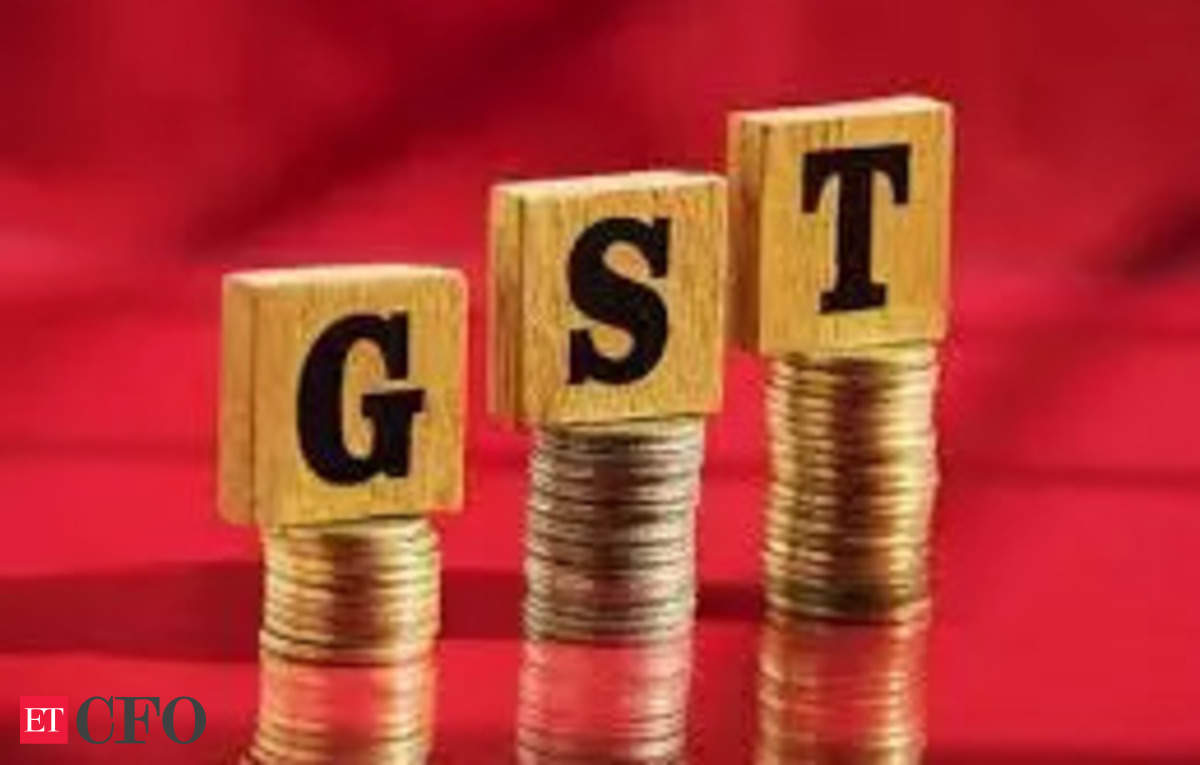
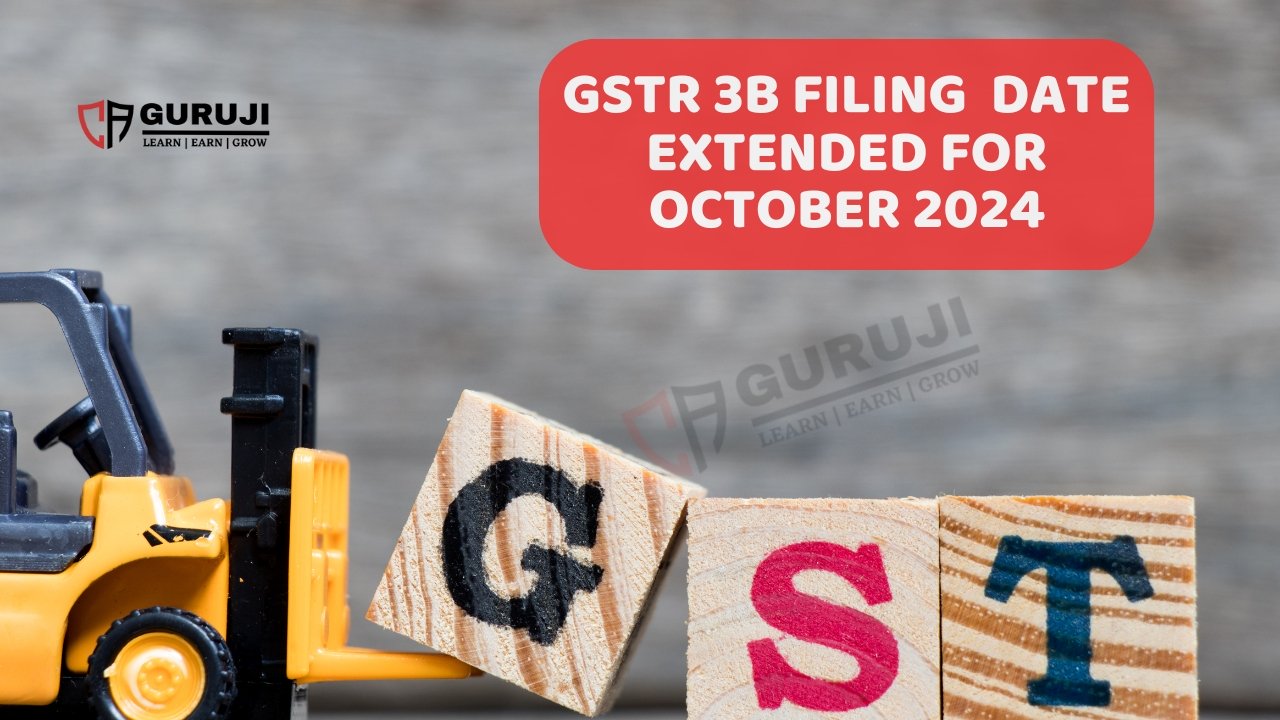
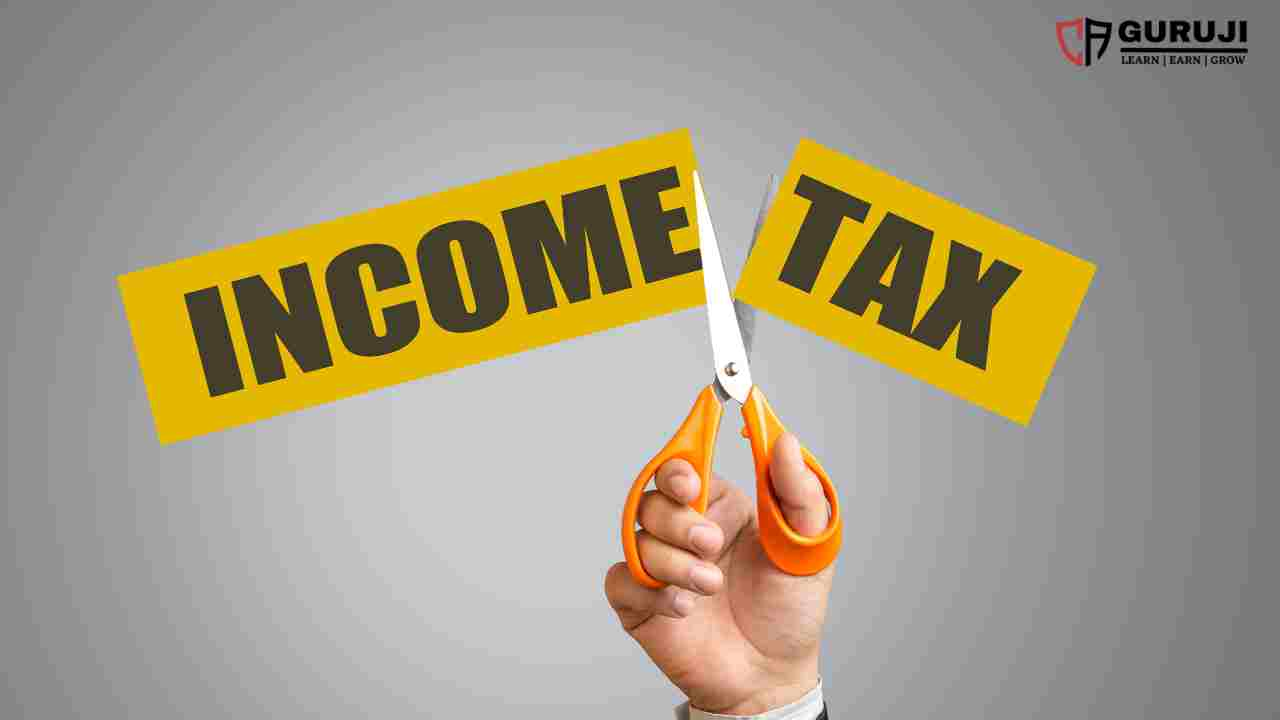

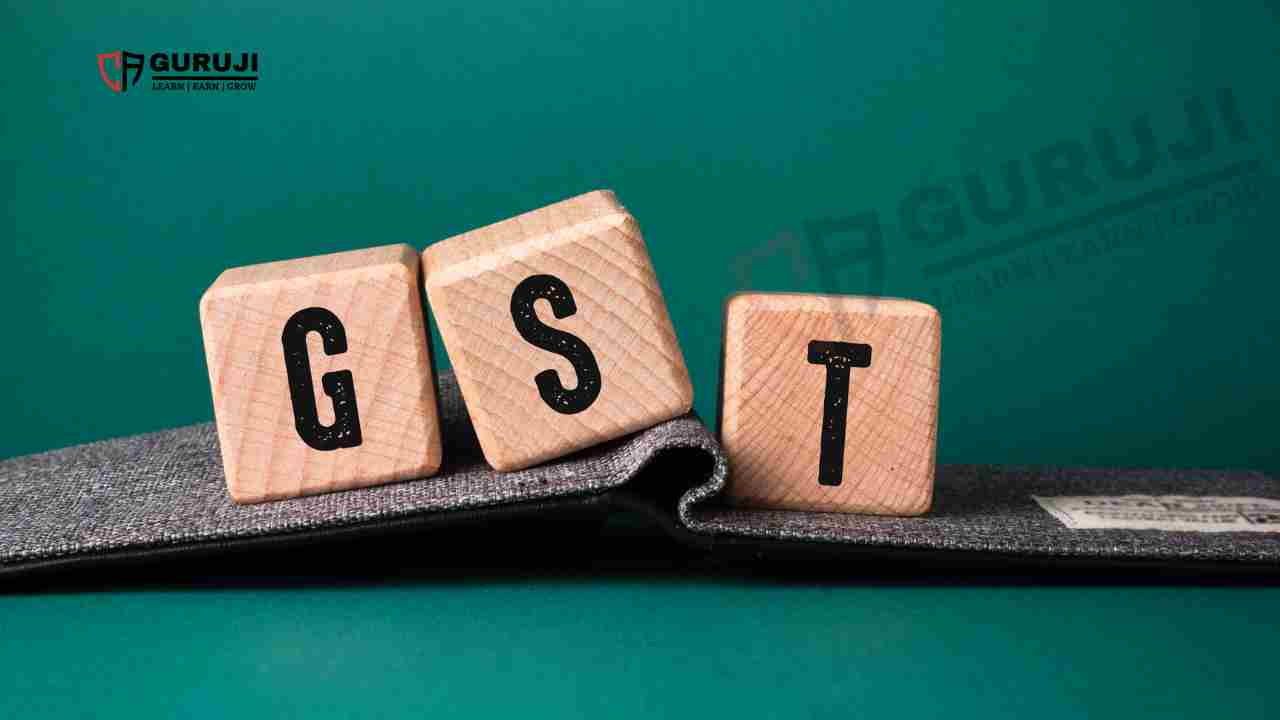

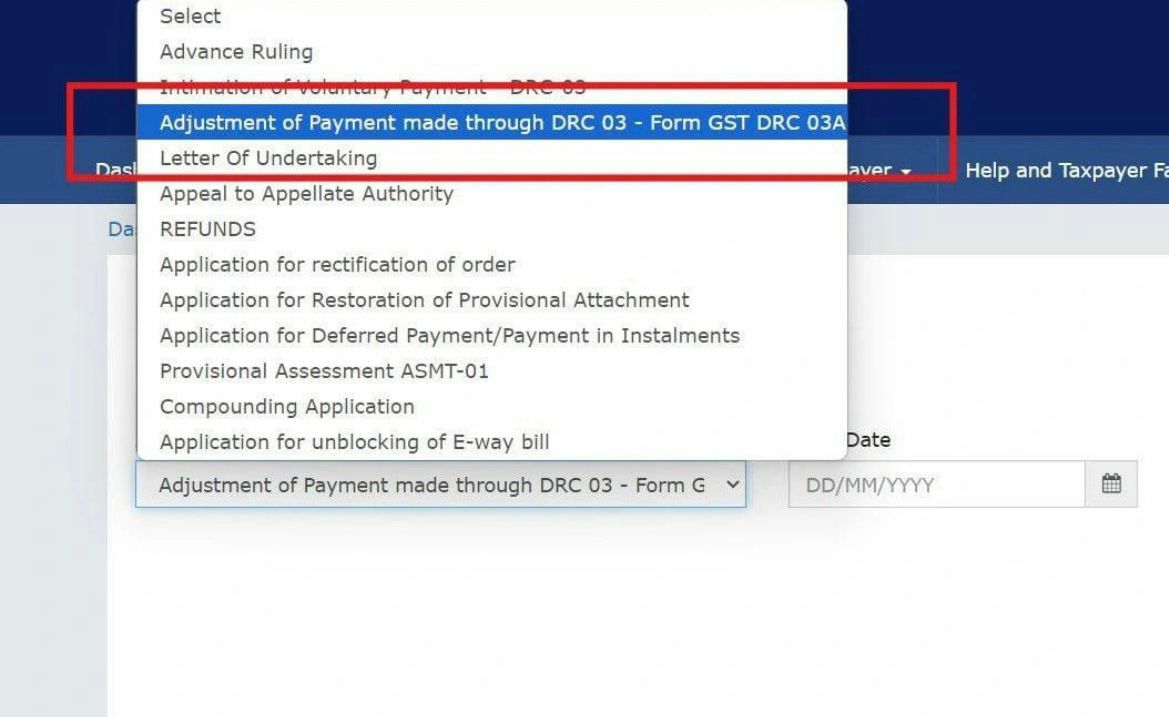
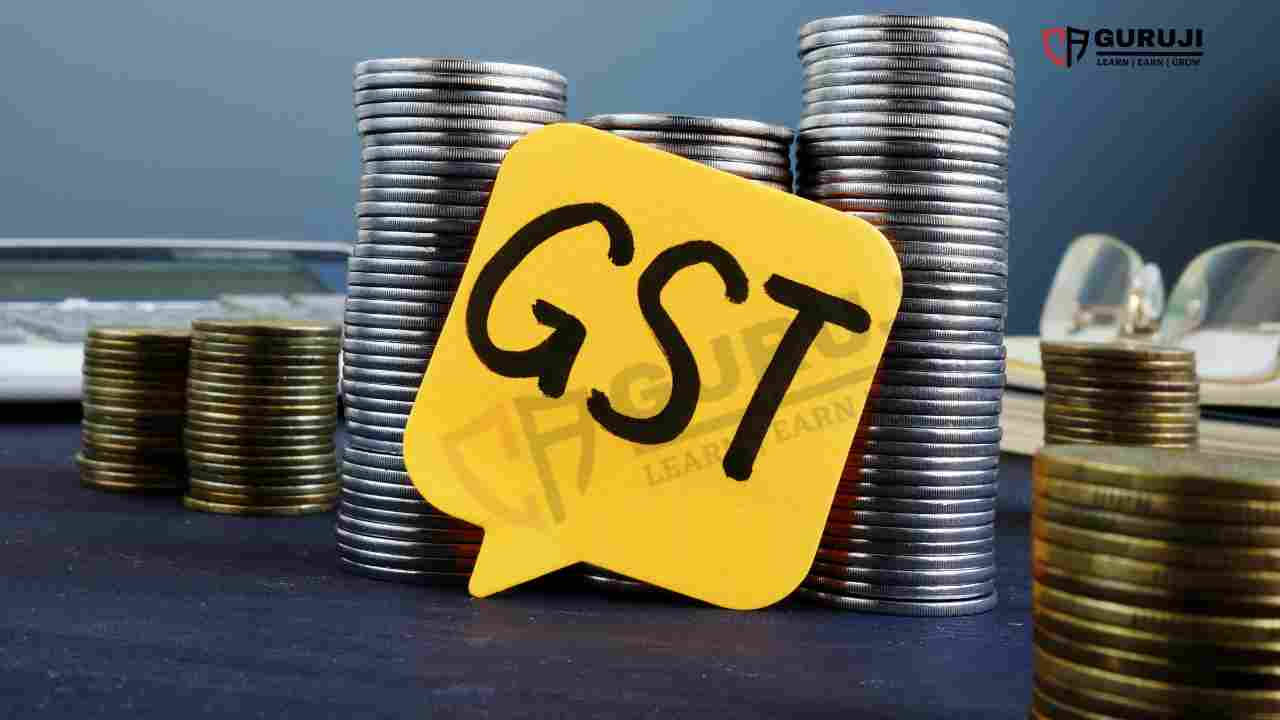
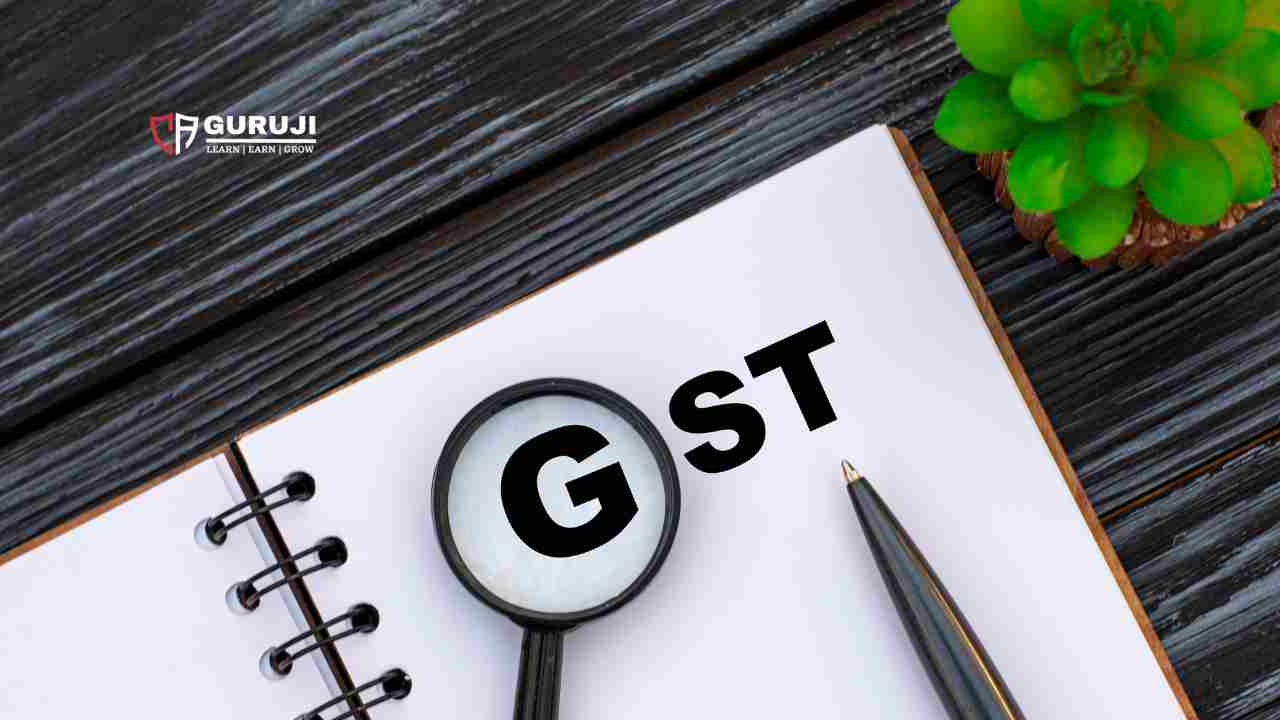
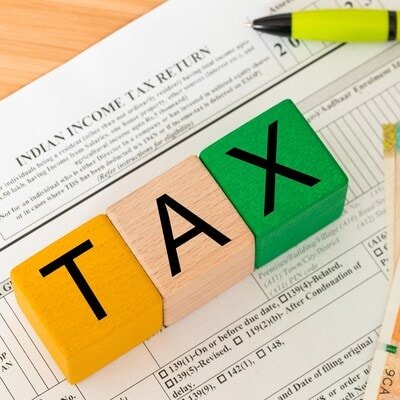
The budget is punishment to the people who did not vote for BJP.
This is the beginning of the end of the BJP,who will find the going tough henceforth.
As above